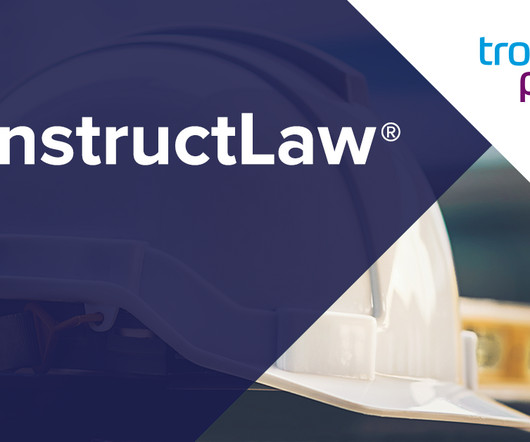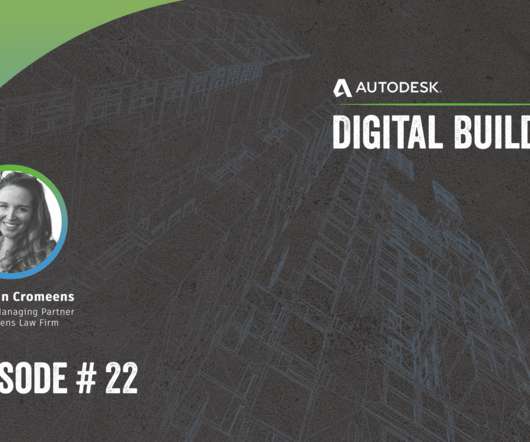#95: Are Miller Act Claims Arbitrable?
NH Construction Law
NOVEMBER 30, 2020
Because venue provisions can be waived, courts allow Miller Act claims to be litigated in a different court selected by the parties’ contract. 106-277 at *5 (1999), tells us: “This bill does not void subcontract provisions requiring arbitration or other alternative methods of resolving disputes. Industrial Lumber Co. ,








































Let's personalize your content